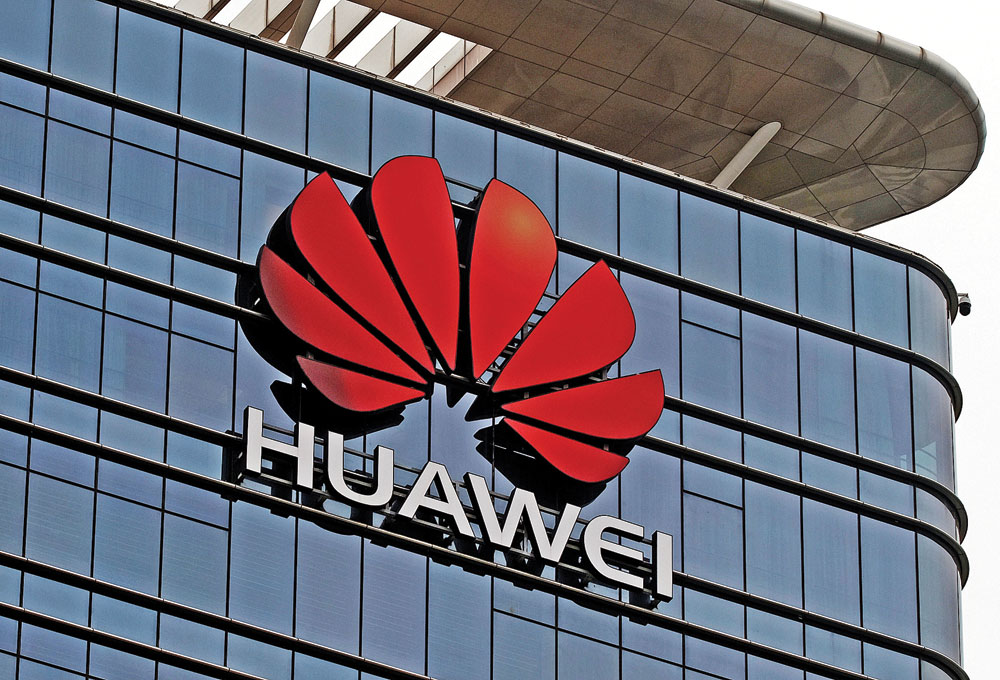US firms cannot decouple without suffering damage: China Daily editorial
chinadaily.com.cn | Updated: 2019-08-28 20:05

When the US administration decided to add Huawei to its sanctioned entity list in May on the grounds that the Chinese company threatens US national security, it was no doubt expecting a big win.
Cutting the Chinese telecommunications equipment giant off from key US component and software suppliers was meant to at least delay, if not derail, its advance on many technological fronts such as 5G networks, thus benefiting peer US technology companies.
But things don't always go as intended. In the era of globalization where economies in the global supply chain are closely interdependent, the technology ban means pain for US companies too.
The US Commerce Department has reportedly received more than 130 applications from companies for licenses to sell US goods to Huawei. That number far exceeds the 50 or so that the US disclosed receiving in July. The US suppliers just cannot afford to lose their key client.
Last year, Huawei bought $70 billion worth of components and parts from suppliers worldwide, of that about $11 billion was spent purchasing products from US companies such as Qualcomm, Intel and Microsoft. Ceasing doing business with Huawei represents a loss of billions of dollars for these US companies.
Sure, the technology ban may cause Huawei temporary interruption in supplies. But it will eventually weather the storm by either increasing its self-reliance with greater innovation or finding new supplies from sources in other countries. Huawei has already unveiled its own operating system, Harmony, as an alternative to Google's Android.
That's why the US administration, in response to calls from US technology companies, has twice given three-month reprieves for them to continue selling components to Huawei after the ban, to at least offset the ramifications of the restriction. It is evident that US tech companies cannot just "decouple" with their Chinese counterparts without suffering damage. But the US administration's intransigence — even after repeated setbacks — should never be underestimated.
The US president still believes that he will be able to coerce China into reaching a deal on his terms if more pain can be inflicted on the country through use of even higher tariffs. "China should not retaliate — will only get worse!" he tweeted on Monday after raising tariffs on $550 billion in Chinese imports. It sounds like he wants to push the "war of attrition" forward, even at the cost of US businesses.
Hopefully, the US companies' pleas for a truce — in the form of their applications for license to continue business as usual — will incentivize Washington to have second thoughts on the future relations between the world's two largest economies.
























